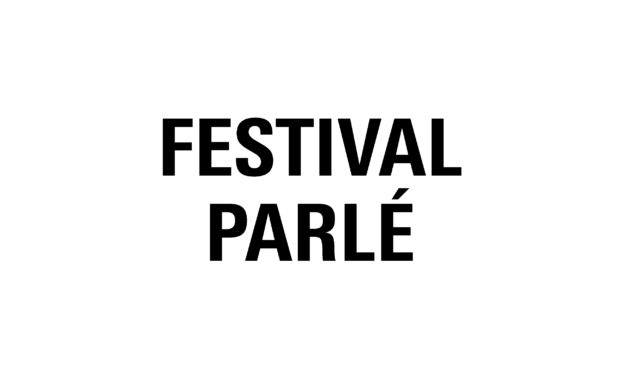Édition 2023
Each year, Cinéma du réel ponders upon the state of the documentary, its forms, its developments and the approaches of its filmmakers. This is what lends the festival its exploratory side, making it an ongoing research project. In addition to the screening of this flourishing contemporary international documentary cinema, Cinéma du réel invites us to experience the world and cinema through a plethora of gazes on the world, a plurality of documentary practices and visions other than our own. Because cinema passes from the filmmaker’s mind to the mind of the spectator, it is an art of connivance, even collusion, between filmmaker and spectator, who experiences another imaginary, a universe other than his or her own. But this experience – which is also that of the other or rather the distance separating him or her from me – is singular inasmuch as it also reminds us that we all inhabit the same world. A world to watch without being blinded by the continuous flow of events. And it is perhaps through films that disturb, upend imaginaries, confront other desires, other aspirations, other dreams, that a discontinuity occurs in the inexorable unfolding of real-world events. This discontinuity, which questions, surprises, resists, delights, is what helps us to avoid being blinded and to look at our contemporaries. This is our invitation to the audiences of Cinéma du réel. Catherine Bizern
-
-
-
-
-
-
-
-
-
-
-
-
-
-
Festival conversations
In partnership with the doctoral programme SACRe-PSL
The Event
What happens to us – what moves us.
“There is nothing to tell events apart from other moments: they reveal themselves down the road, through their scars.” This paraphrase from Chris Marker’s La Jetée provides a good starting point for those considering one of the first paradoxes of the event: its muddled timeline. Whether we consider the hyper present conveyed by the media or historical duration, the event stands out as a time anomaly, a snag in the continuum of history, and redefines the past and the future in the light of the present. Can we make sense of the event in hindsight, based on the traces and the wounds it leaves behind? Or can its story be told in the present? Such a telling raises the question of how we break down reality: Where do we start? Where do we stop?
A second paradox is the advent of the event. Marker’s statement suggests that events are apparently no different from ordinary moments, in line with the philosophy of Gilles Deleuze. To quote Deleuze: “The event is not what occurs (an accident); it is rather, inside what occurs, the purely expressed. It signals and awaits us.” As such, the event does not belong to the realm of facts, but to the realm of becoming: it is less of an epiphany or a breaking point and more of a folding over and a remapping of the senses. Instead of drawing a line between types of events, big or small, extraordinary or mundane, we should perhaps separate what happens to us from what moves us, drawing a line between reality’s violent intrusion into the course of our existence on the one hand, and the remapping of memory and possibility by new principles of intelligibility on the other.
Third paradox: the event appears obvious and is a fracturing of meaning, it seizes us and escapes us at the same time. How can we represent it without falsifying it? How can we account for it without commemorating it? Documentary practices roll out a variety of tools and questions to make sense of the event, drawing on investigative and narrative processes, immersion and re-enactment. How do artists and researchers interpret the event? How do they recognize it? How do they give it new meaning and legibility? Moreover, how does the documentary form bring forth a mode of eventness unto itself, redefining our experience of common sense and challenging the order of things through a logic of disorder?
These are some of the considerations that will be discussed during the fourth edition of Festival Conversations.
Alice Leroy
-

WHAT HAPPENS TO US
-

WHAT MOVES US
-